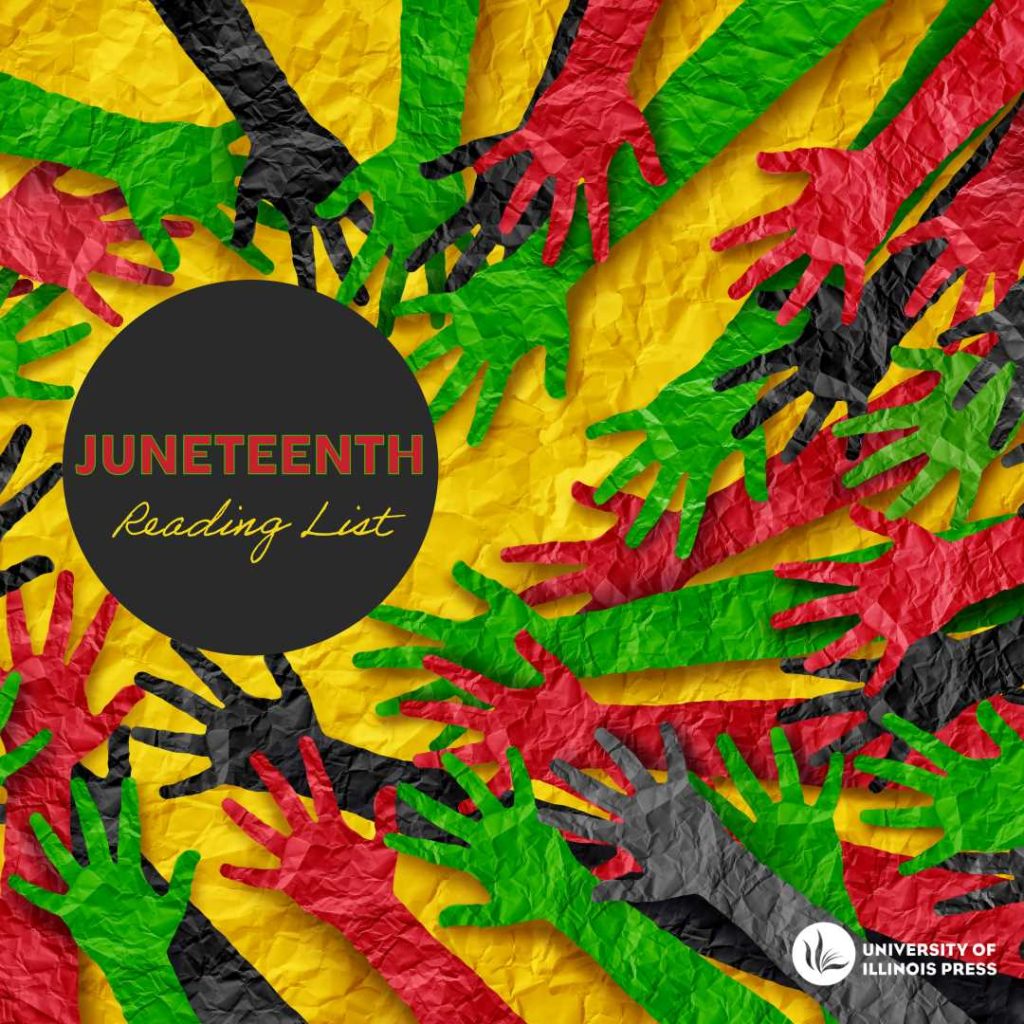
Juneteenth is a federal holiday in the United States that is celebrated annually on June 19 to commemorate the ending of slavery. The holiday’s name, first used in the 1890s, is a portmanteau of the words “June” and “nineteenth”, referring to June 19, 1865, the day when Major General Gordon Granger ordered the final enforcement of the Emancipation Proclamation in Texas at the end of the American Civil War. [source: wikipedia]
Please explore our latest titles in Black studies below, with a full list here.
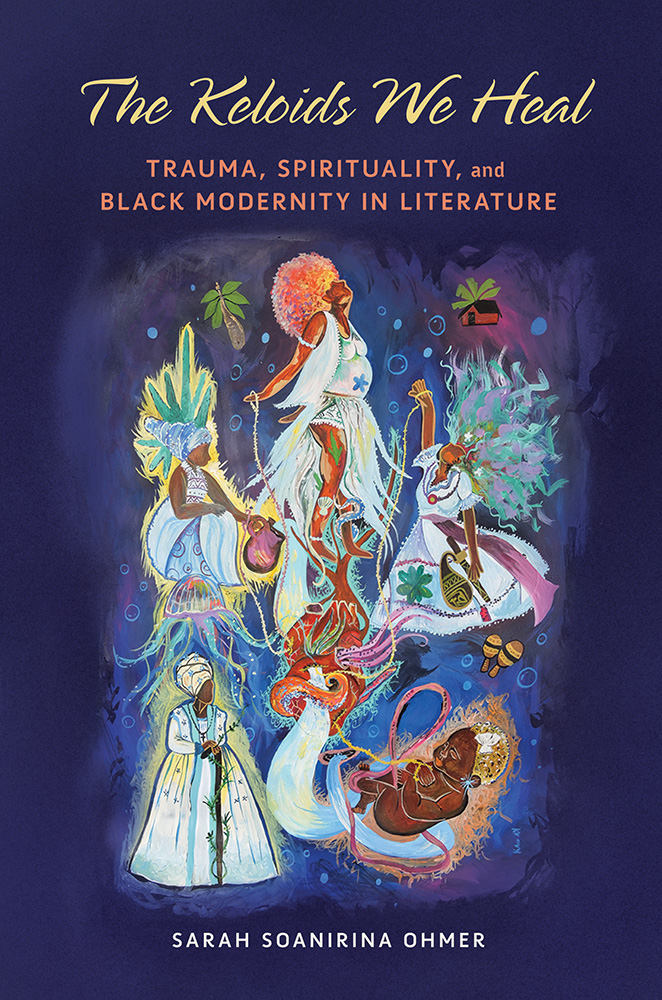
The Keloids We Heal: Trauma, Spirituality, and Black Modernity in Literature
Sarah Soanirina Ohmer
The corporeal and spiritual healing in literature by women of colors can be seen to redefine modern thought and printed text. Sarah Soanirina Ohmer traces the impact of colonization and enslavement on Black women and Black women’s contributions to colonial, nineteenth, and twentieth century literature in the US, Brazil, and the Caribbean.
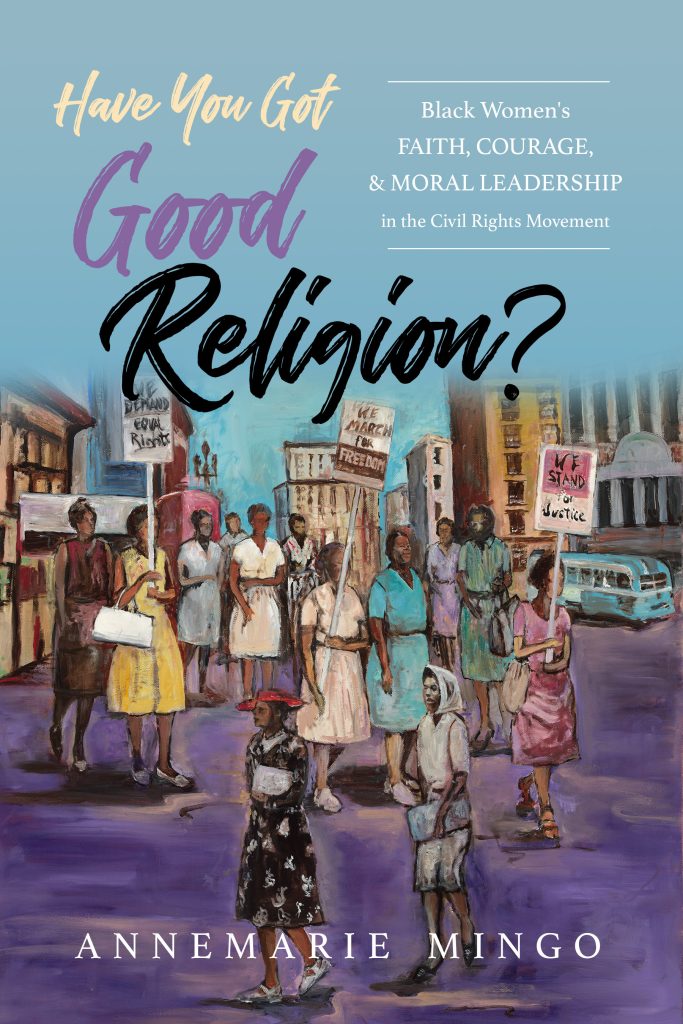
AnneMarie Mingo
A depiction of moral imagination that resonates today, Have You Got Good Religion? reveals how Black Churchwomen’s understanding of God became action and transformed a nation.
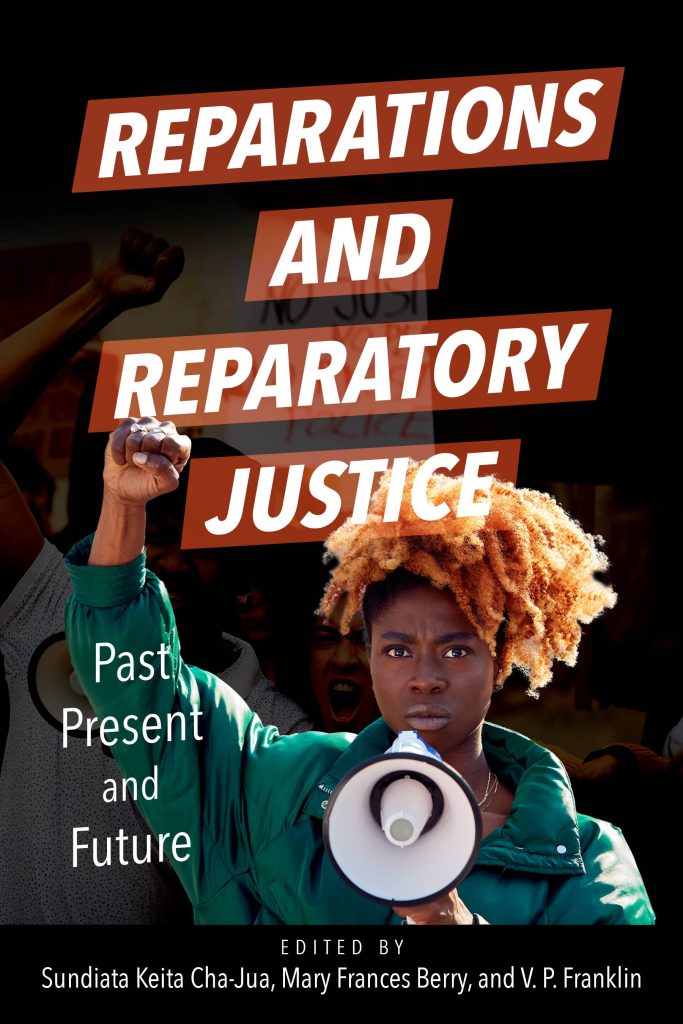
Reparations and Reparatory Justice: Past, Present, and Future
Edited by Sundiata Keita Cha-Jua, Mary Frances Berry, and V. P. Franklin
Groundbreaking and innovative, Reparations and Reparatory Justice offers a multifaceted resource to anyone wishing to explore a defining moral issue of our time.
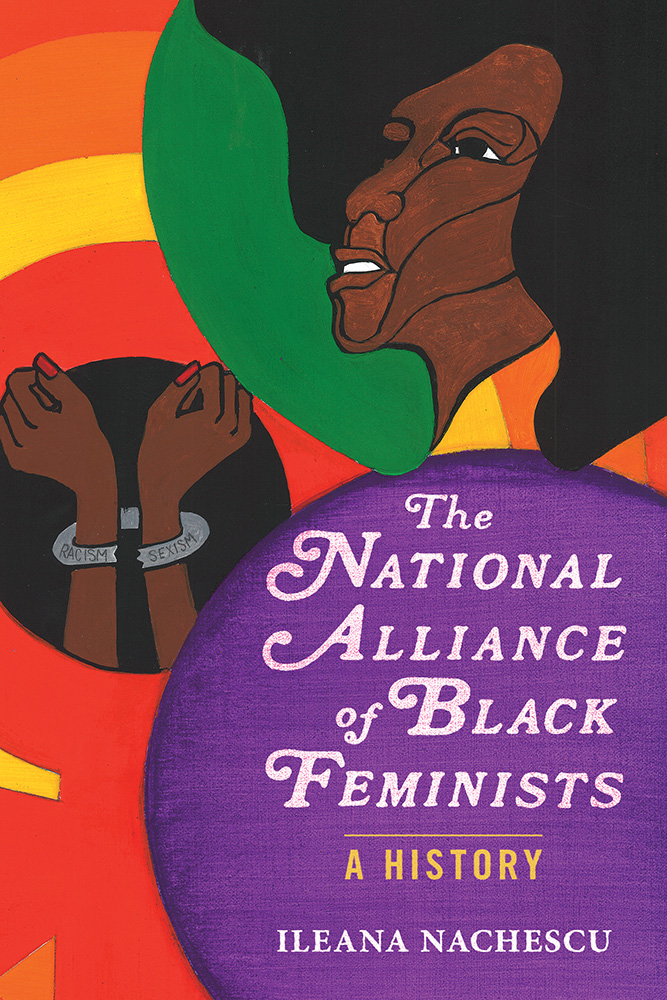
The National Alliance of Black Feminists: A History
Ileana Nachescu
A rare in-depth look at an overlooked organization, The National Alliance of Black Feminists tells an untold story of Black women’s liberation in the Midwest.
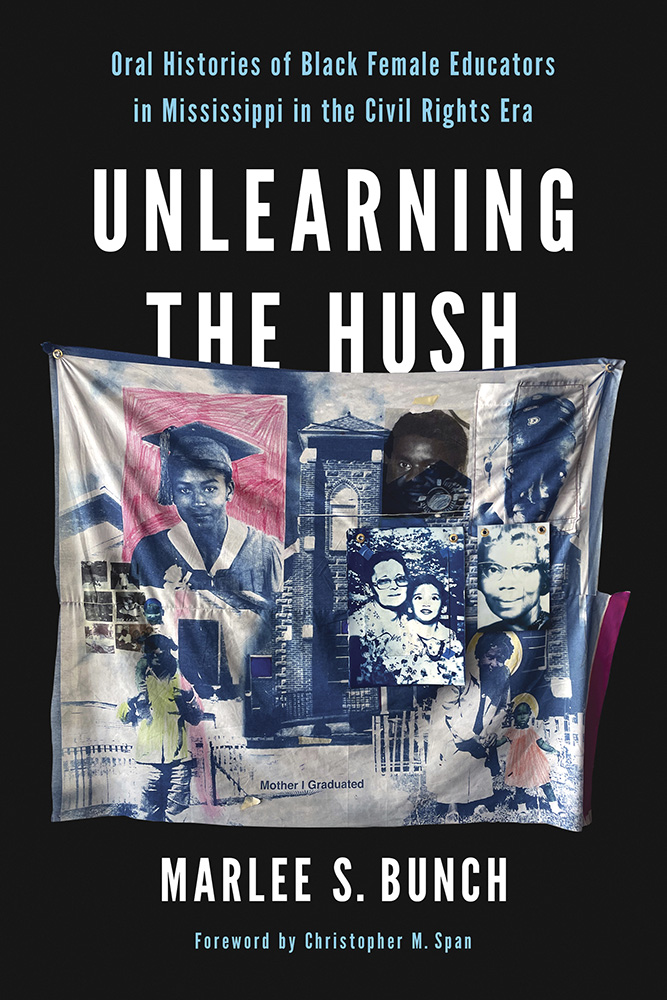
Unlearning the Hush: Oral Histories of Black Female Educators in Mississippi in the Civil Rights Era
Marlee S. Bunch
Foreword by Christopher M. Span
Inspiring and immersive, Unlearning the Hush blends personal memory with Civil Rights history to document the pivotal role Black women played in education during a transformative and charged period in American history.
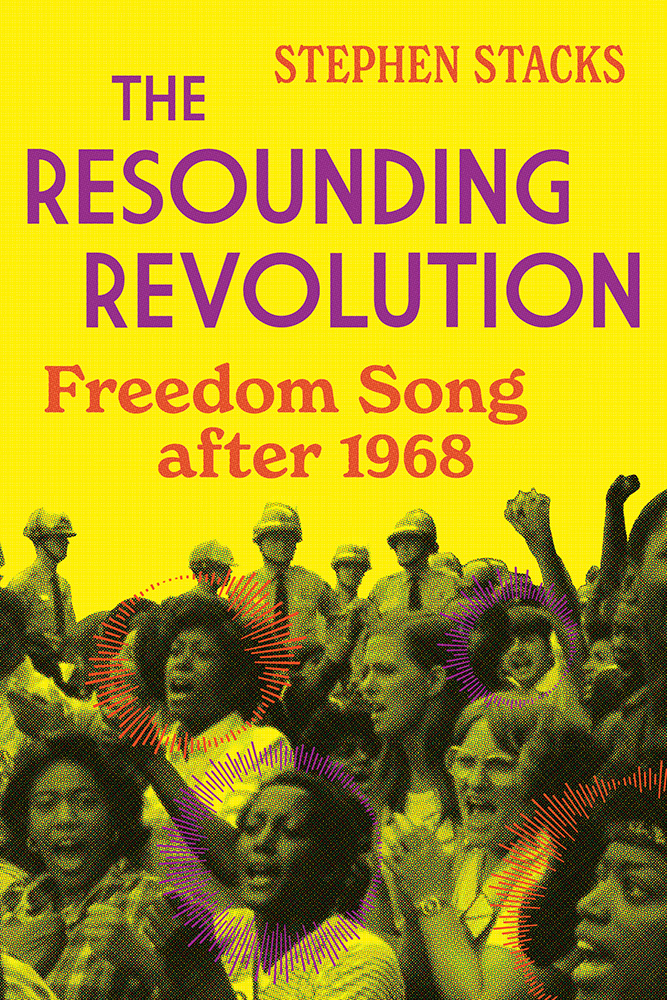
The Resounding Revolution: Freedom Song after 1968
Stephen Stacks
Insightful and vividly detailed, The Resounding Revolution examines sixty years of Black music to challenge and reshape the entrenched story of the Civil Rights Movement.
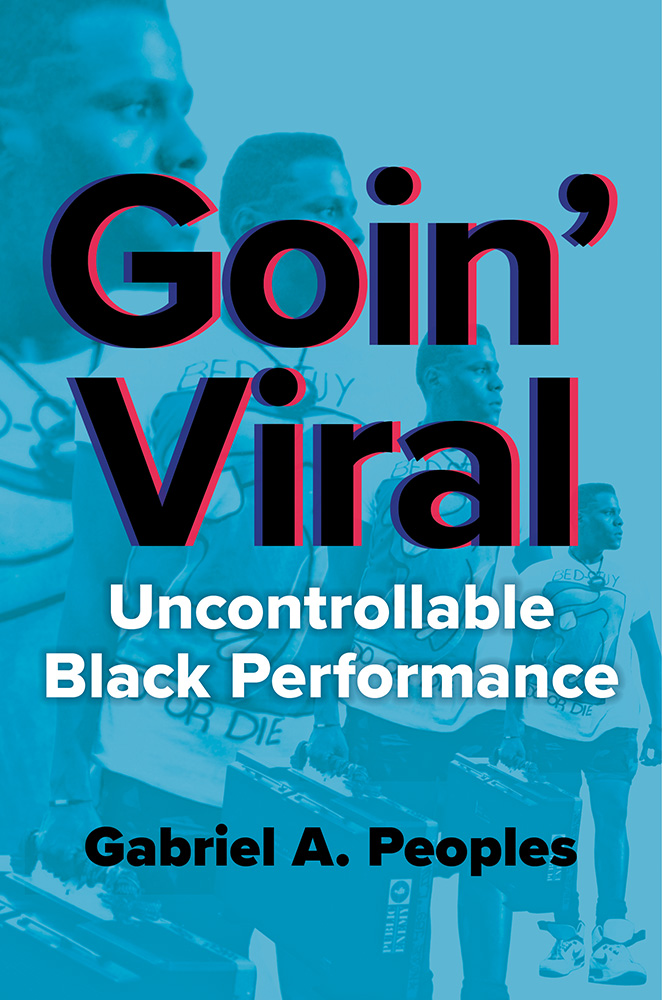
Goin’ Viral: Uncontrollable Black Performance
Gabriel A. Peoples
Black virality refers to the spread of Black performance that becomes uncontrollable because of its rapid and ubiquitous circulation through popular media. Gabriel A. Peoples examines Black people and representations of Black people that have gone viral from the eighteenth century to today.
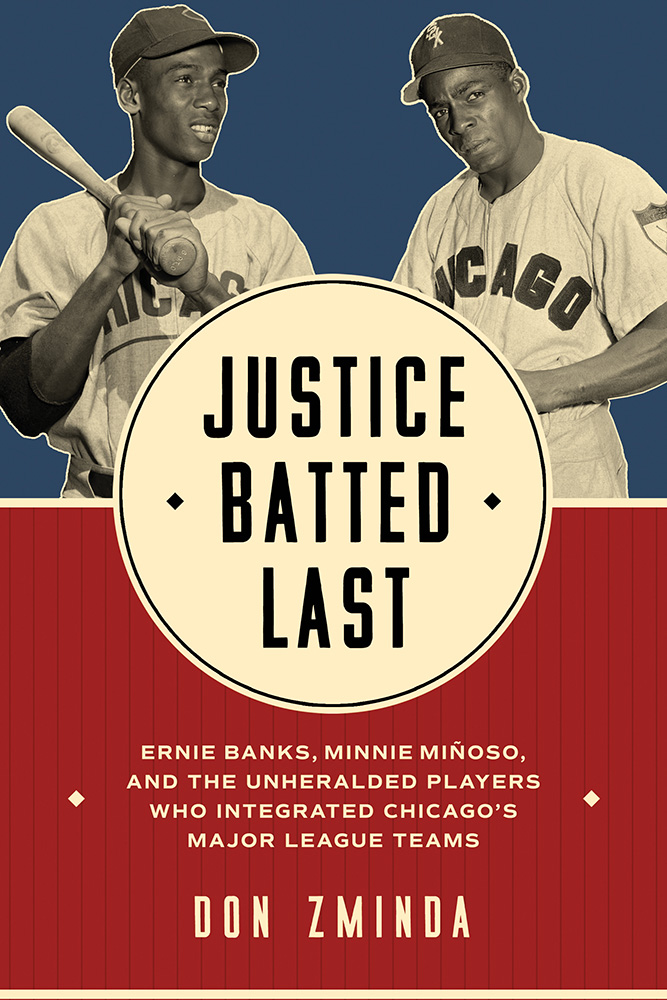
Don Zminda
On May 1, 1951, Orestes “Minnie” Miñoso took the field for the Chicago White Sox and broke the color line for Chicago major league baseball. Ernie Banks integrated the Chicago Cubs two years later. The future Hall of Famers began their Chicago baseball careers against the backdrop of a 1951 race riot in suburban Cicero, where a white mob abetted by local police attacked a building that had rented to Black tenants.
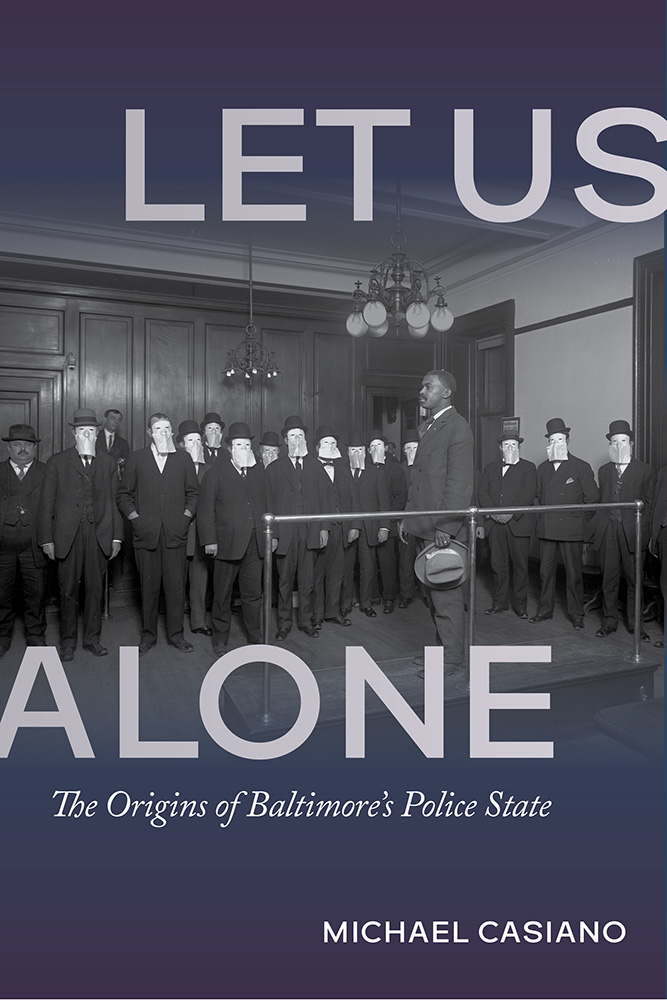
Let Us Alone: The Origins of Baltimore’s Police State
Michael Casiano
A compelling urban history, Let Us Alone uses voices from all levels of society to examine police power, incarceration, and the perils of being Black in post-Civil War Baltimore.
